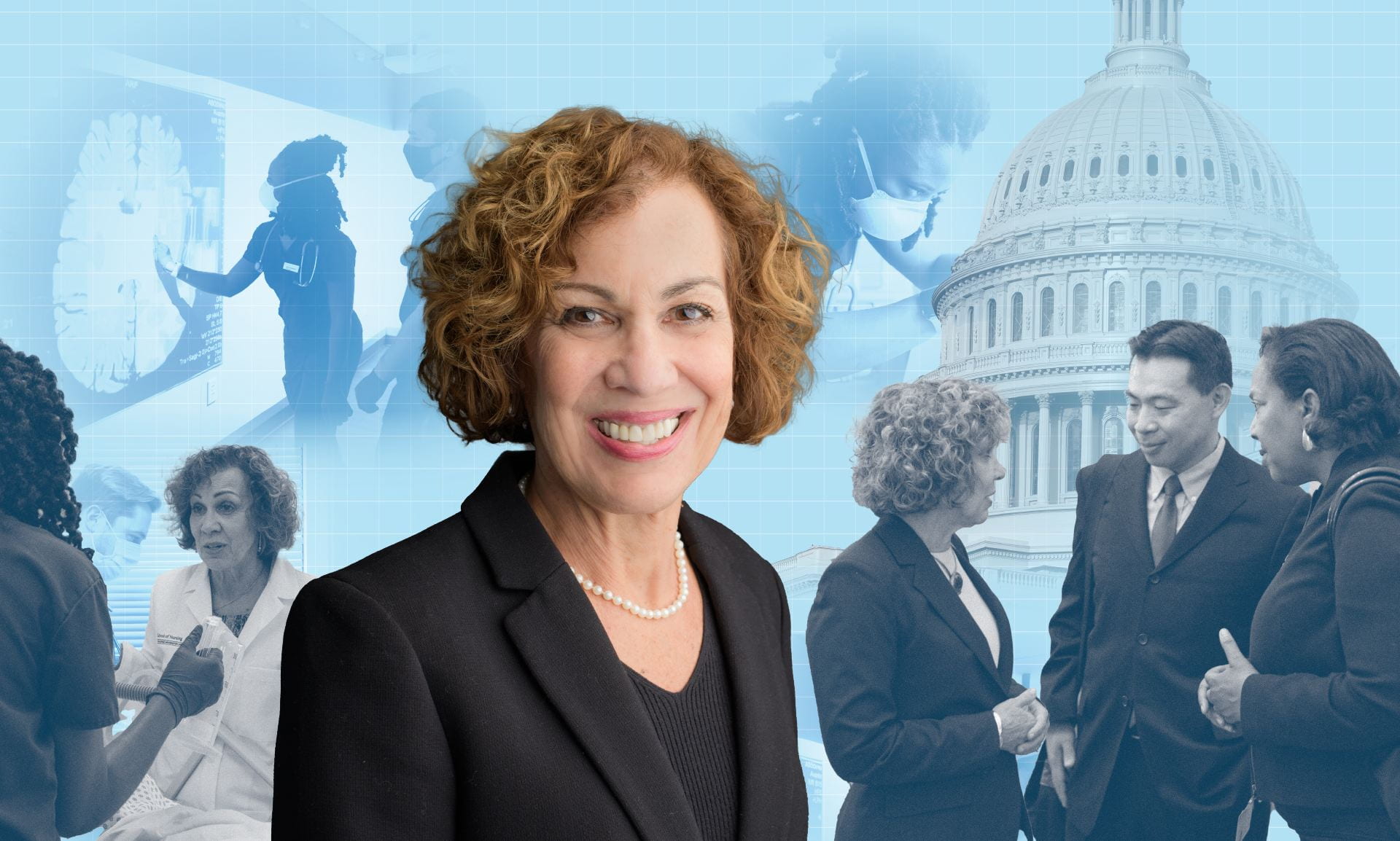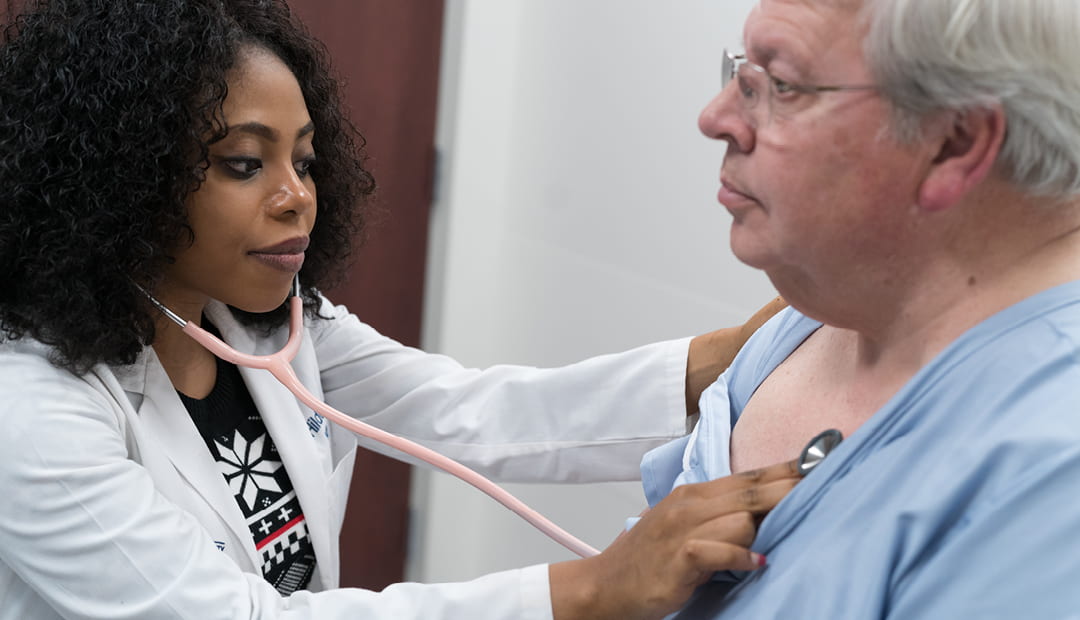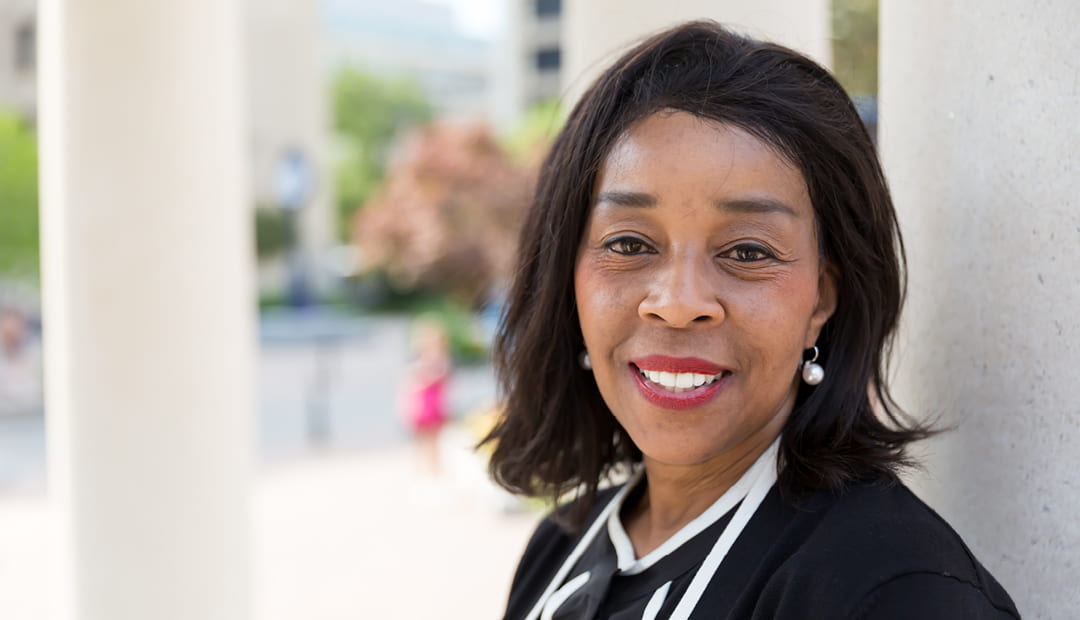Melissa Batchelor, director of the Center for Aging, Health, and Humanities and a leader in geriatric nursing, is coming up with innovative ways to disseminate content on age-friendly systems within this field and beyond. Too often, nursing and aging issues are considered to be niche topics, not relevant to general health care research, education or policy. Both, however, are of extreme importance to the entire health care system, because “when things are age-friendly, they are friendly for everyone” — an idea that the COVID-19 pandemic has brought to light. So how has she been able to creatively disseminate her important messages? She has a podcast.
Co-branded by the Center for Aging, Health, and Humanities, Dr. Batchelor’s “This is Getting Old” podcast employs a short, engaging format, with audio clips and accessible videos. The podcast has been viewed by people all over the world, integrated into curricula by educators, and viewed by health care practitioners as supplemental education on these important and often neglected topics.
“This is Getting Old” has tackled many issues relevant to nursing and aging. Dr. Batchelor uses this platform to amplify current research, analyze policies or share helpful tips pertaining to geriatric issues. These topics have included care for older adults with Alzheimer’s, the importance of nursing in nursing homes and COVID-19. She also brings on guests with different areas of expertise to discuss issues that are timely and important. Multiple GW Nursing faculty members who are experts in their own fields have been brought on to the podcast as guest speakers. Ellen Kurtzman discussed her work in House Speaker Nancy Pelosi’s office during her Robert Wood Johnson Foundation (RWJF) Health Policy Fellowship, Ashley Darcy-Mahoney highlighted her child health research and her new role as the National Academy of Medicine Distinguished Nurse Scholar-in-Residence, and Diana Mason analyzed the importance of nurses’ representation in the media as found by the Woodhull Study.
Overall, there are two themes that run throughout this podcast series. First is that age-friendly health systems have never been more crucial given our aging world, but too often aging is still regarded as a niche practice. Second is that nurses do far more than bedside care. They have valuable expertise that is often overlooked and undervalued in health care and health policy. Full inclusion of nurses and age-friendly care into the health system at all levels will improve our health care system at large. To anyone who insists on keeping nursing and aging issues apart from general health care, we say, “This Is Getting Old.”
by HALEY STEPP


